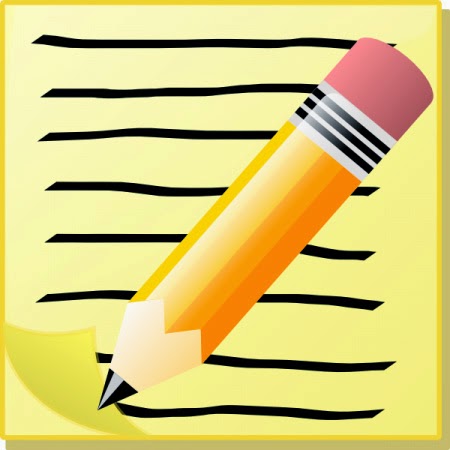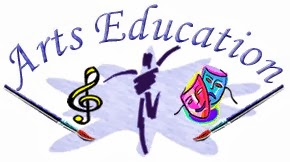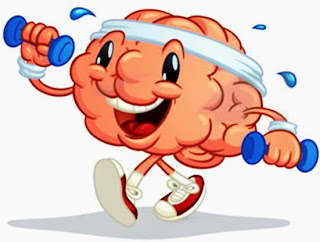Need some book recommendations for your children? Excellent
lists of worthwhile books can be found at
- Association for Library Service to Children (ALSC)
publishes lists of award-winning books for young people, including Newbery
and Caldecott winners.
- International Reading Association
provides “Choices” reading lists. These are books chosen as favorites by
children, young adults, teachers, and librarians around the country.
- EDSITEment's Recommended Reading List for College-Bound Students offers a list from the National Endowment for the Humanities, along with
suggestions for study and discussion of each book.
- Classic Novels offers one of many lists of the classics available on the Internet. This list was compiled by the Cincinnati Public Library. If your student owns an eReader (Kindle, Nook, etc.), many of the classics can be downloaded for free.
In addition to reading good books, children may enjoy
creating their own books. There are a number of websites to help with this. One
such site is Susan Kapuscinski Gaylord’s Making Books with Children, which lists
resources, ideas for teachers, and ideas for families.





